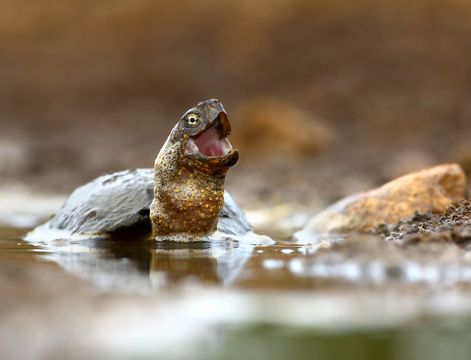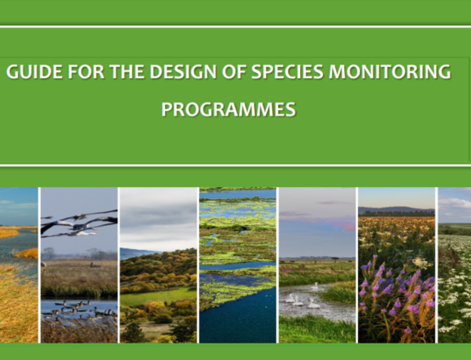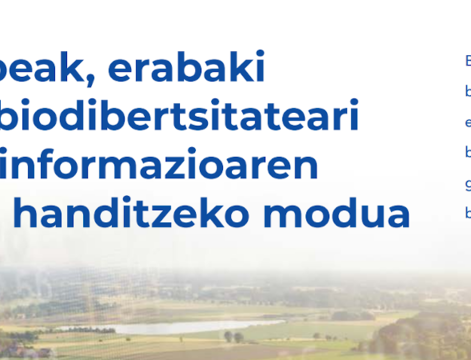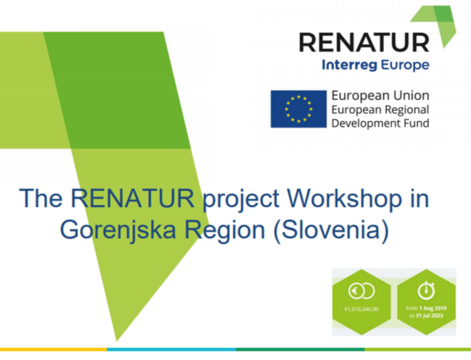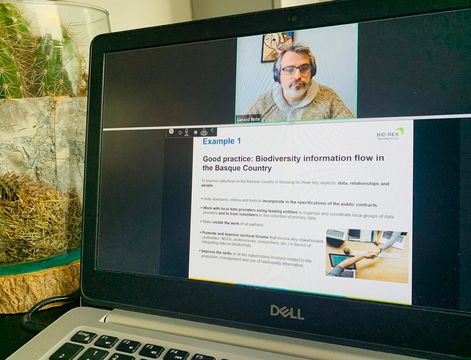Norfolk County Council (NCC), as one of two UK partners in Interreg Europe project BID-REX alongside the University of East Anglia (UEA), organised a very successful two-day conference across two locations showcasing the wonderful biodiversity and cultural heritage of the county.
As part of the project, representatives from the six partner regions attended: Catalonia, the Basque Country, Slovenia, Belgium, Italy and Hungary.
Day one of the conference took place at the British Trust for Ornithology (BTO) in Thetford. The 60 attendees were welcomed by Cllr Martin Wilby of Norfolk County Council followed by talks from Stuart Newson (BTO) on how technology enables collection of high quality data with examples of bats, bush crickets and acoustic monitoring. Dawn Balmer (BTO) then presented the range of projects the BTO runs, the different approaches and how surveys are organised. Then Andy Musgrove (BTO) talked about the BirdTrack system, allowing birdwatchers to submit, store and share their observations.
County Recorders were then given the spotlight they deserve for their hard work helping local recording. Andy Brazil and Tony Leech explaining how data is collected and how volunteers can help with recording fungi.
Talks then moved further afield with Keiron Brown of the Field Studies Council, who presented the exciting BioLinks project which is helping to train and upskill volunteers to develop invertebrate identification skills. The project is also looking at recruiting new volunteers through the creation of emotional links to certain species. The way forward perhaps?
Following a very successful networking lunch of local Norfolk produce, Tom Hunt of the Association of Local Environmental Record Centres (ALERC) provided an insight into data verification and the accreditation scheme established by ALERC. This theme was to be discussed by BID-REX project partners during their workshop later in the week and provided valuable talking points.
John Van Breeda, of BiodiverseIT, presented the Indicia toolkit and how the data can be mobilised effectively. Another important topic under discussion during BID-REX workshops. Capping off talks for the day was Rob Hawkes from the University of East Anglia. Rob presented some biodiversity outcomes of landscape-scale management experiments carried out on the local site of Brandon Heath. Special focus was given on close collaboration with local recorders and talks continued through to a visit to the site of the experiment.
All presentations from the day are available on the library page of the BID-REX Interreg Europe website.



